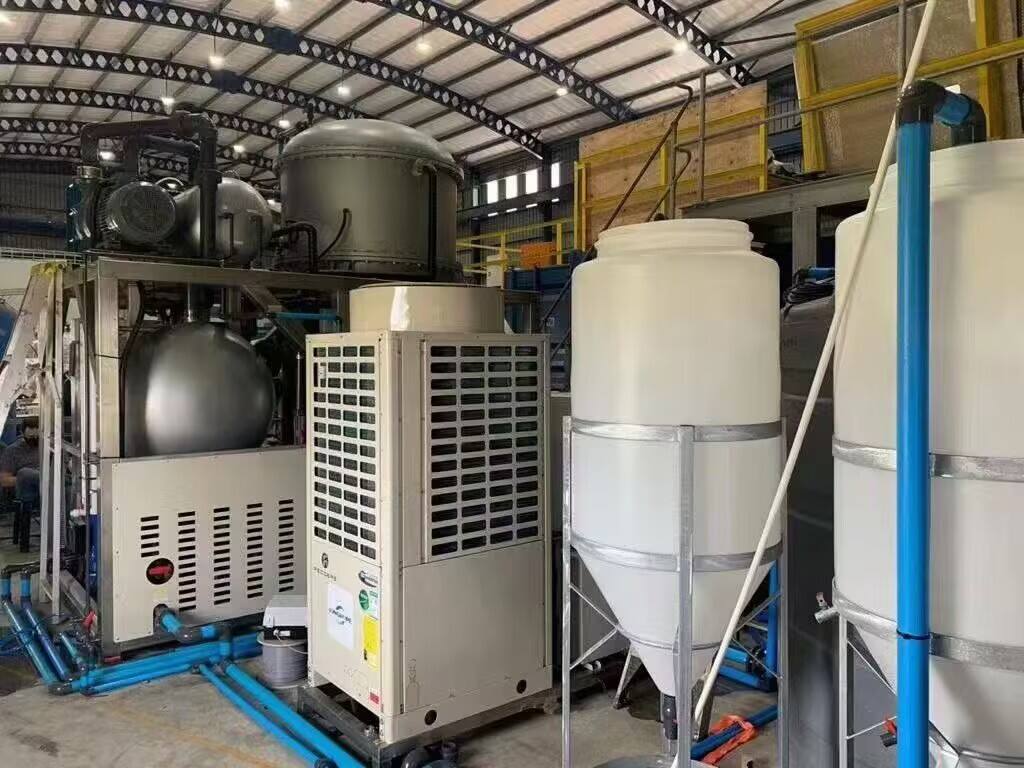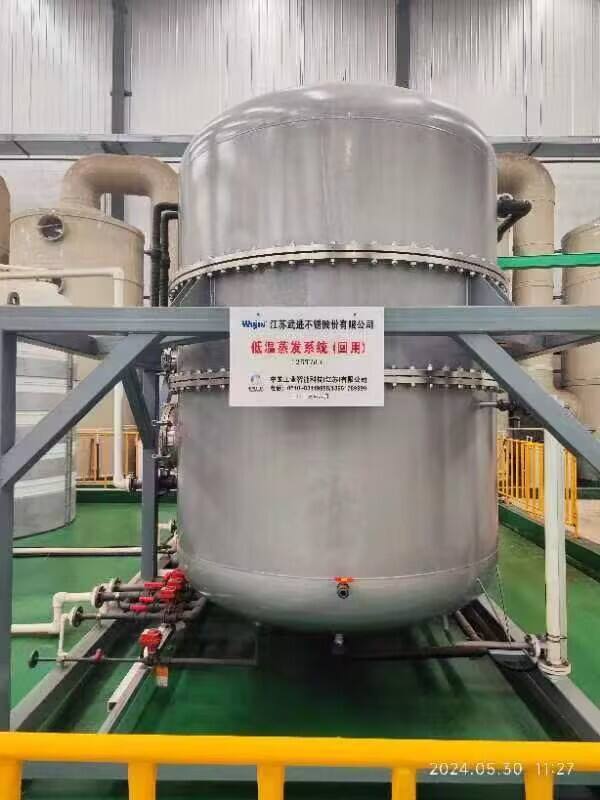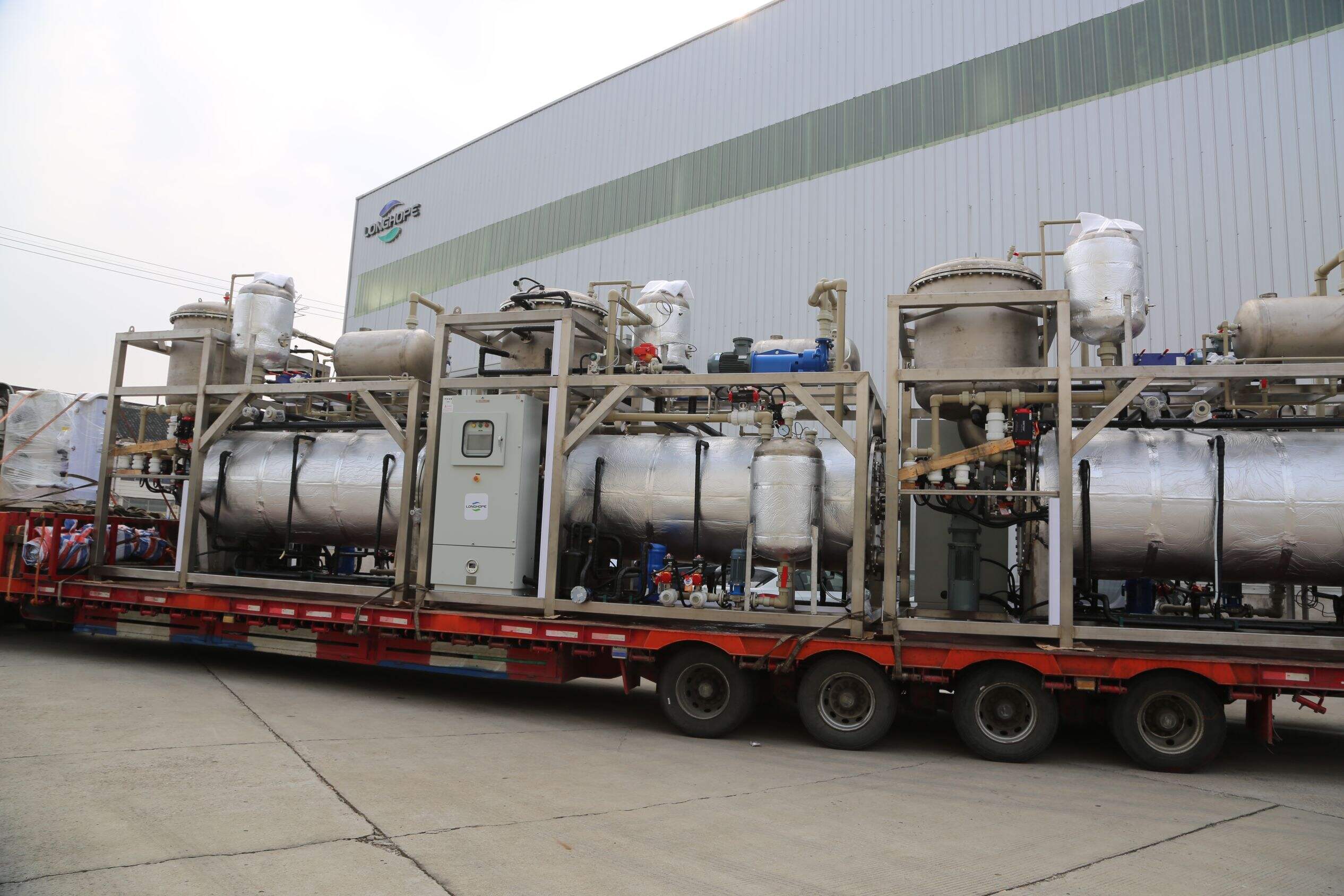water processing engineering
Water processing engineering represents a sophisticated system of technologies and methodologies designed to transform raw water into safe, usable resources for various applications. This comprehensive field encompasses multiple treatment stages, including preliminary screening, coagulation, flocculation, sedimentation, filtration, and disinfection. Modern water processing systems utilize advanced automation controls, real-time monitoring capabilities, and energy-efficient components to ensure optimal performance. The technology incorporates state-of-the-art membrane filtration systems, UV treatment modules, and intelligent distribution networks that can adapt to varying demand patterns. These systems are designed to handle diverse water sources, from surface water to groundwater, effectively removing contaminants, particles, and harmful microorganisms. The engineering process also includes innovative solutions for waste minimization and resource recovery, making it environmentally sustainable. Applications range from municipal water treatment facilities to industrial processes, agricultural irrigation systems, and specialized water treatment for pharmaceutical and food industries. The integration of smart sensors and IoT capabilities enables predictive maintenance and remote system management, ensuring consistent water quality and operational efficiency.


